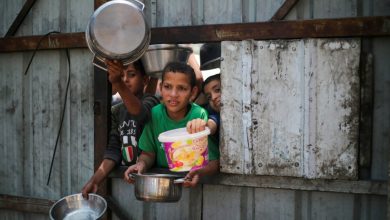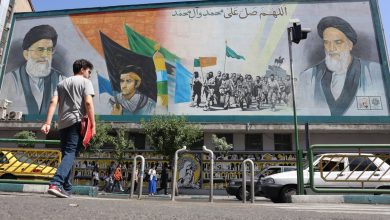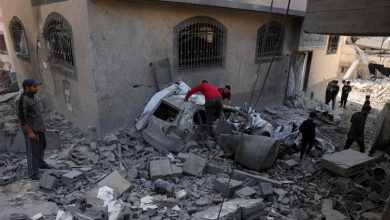IMF tracks Qatar’s significant progress
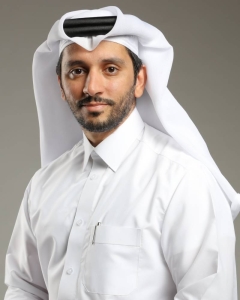
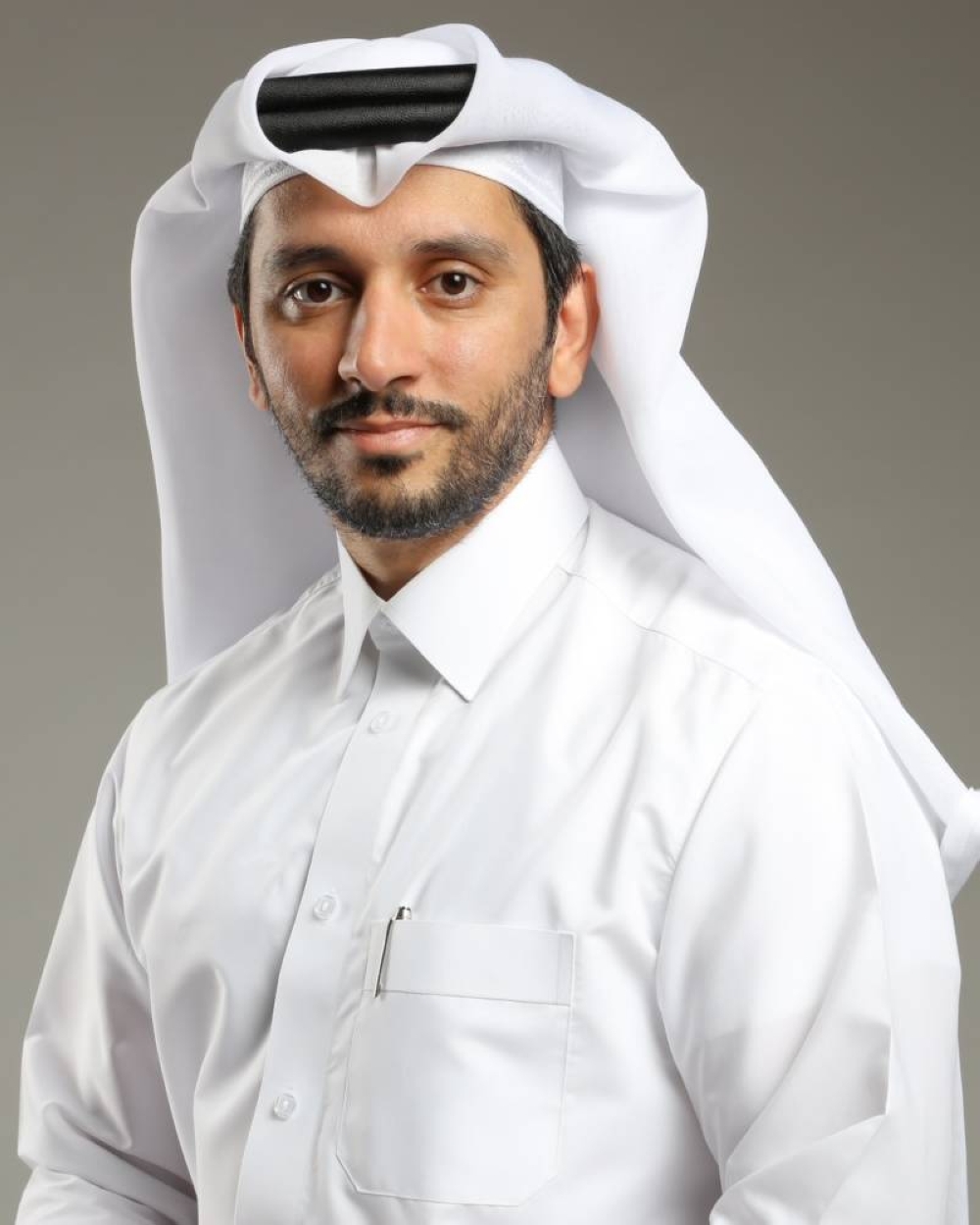
Economists from the International Monetary Fund (IMF) make twice-yearly visits to Qatar. The visit in early May was able to report further progress on the full range of strategic economic objectives established by the government, and very much in line with IMF principles.
If anything, the verdict is even more positive than following the previous visit in November 2023. At a time of fiscal strain in much of the world, Qatar has defied the trend and increased its credit rating, from all three principal ratings agencies, to investment grade, higher than some members of the G7.
The 2023 fiscal surplus is estimated at 5.5% of GDP. Real GDP growth for 2023 was estimated at 1.3%, projected to bottom out and then pick up to 1.75% in 2024-25. The statistics demonstrate that economic growth has been sustained well beyond the hosting of the World Cup in late 2022. Shortly after the IMF visit, the Ministry of Finance announced a surplus of QR2bn for the first quarter of 2024, and confirmed that the surplus would be directed to reducing public debt, in line with good practice guidance from the IMF.
If positive economic indicators simply reflected the profits of a hydrocarbon-based economy at a time of high oil prices, it would scarcely be worthy of note, but the IMF also reported significant progress towards diversification of the economic base and a maturation of the financial system and domestic economy. Public sector investment has helped encourage the non-hydrocarbon economy, for example in tourism. The non-hydrocarbon primary balance improved by more than 2 percentage points of non-hydrocarbon GDP.
Growing economic resilience is supported by a maturing banking and financial sector. While non-performing loans (NPLs) edged up to 3.8% in the second quarter of 2023, from 3.6% at end-2022, they are well provisioned. The liquidity coverage and net stable funding ratios were reported as high, at 174% and 140%, respectively, in the first quarter of 2024. Measures by the Qatar Central Bank to reduce banks’ short-term foreign asset-liability mismatches have encouraged longer-maturity domestic funding, the IMF reported.
The IMF commended the new Third Financial Sector Strategy, aimed at deepening financial markets, promoting savings, offering more borrowing and investment opportunities, developing the insurance sector, encouraging fintech and financial inclusion policies.
Separately, it is worth noting the success of Qatar’s first green bonds. Some $2.5bn-worth of bonds for funding environmentally responsible projects were announced by the Ministry of Finance in May, the first of their kind in the region. The bonds have been divided into two tranches: $1bn with a five-year maturity priced at 30 basis points spread over US Treasuries, and a $1.5bn tranche with 10-year maturity at 40 basis points above Treasury. This is the lowest spread by a bond-issuing country in the Middle East, Africa and central and eastern Europe, the ministry reported. The coverage ratio exceeded 5.6 times the issuance size, from a broad and diversified range of investors from around the world. Also related to the energy transition, the IMF noted the launch of the Qatar National Renewable Energy Strategy.
While liquefied natural gas (LNG) remains Qatar’s principal export earner, it is a transition product in the energy transition. Development of the North Field will help sustain medium-term economic growth.
Digitalisation is another key element of economic diversification and modernisation. The Digital Agenda 2030 establishes clear targets and priorities, which fit within the National Development Strategy 3. There is a new National Planning Council, with enhanced powers, and a National Statistics Centre. The two agencies will help strategic planning and monitoring of progress and impact.
Diversification and digitalisation are unlikely to be effective strategies without supportive labour market policies and laws. Most Qatari citizens work in the public sector, and much entrepreneurialism and private sector activity relies on the expatriate workforce. Hence the state has been introducing new visa programs, re-skilling opportunities, and opportunities for flexible working hours. There is a concerted effort to encourage investment, and other forms of support to fintechs and other start-ups.
The IMF’s preferred economic agenda of fiscal responsibility, a strong private sector, innovation and a diversified economic base does not always find favour with government leaders, or at all phases of the economic cycle. With Qatar’s policymakers, IMF advisers feel that they listen, and will put in place a coherent strategy – moreover they will stick with the plan and resist temptations for short-term borrow-and-spend policies.
Given that the IMF delegation in early May struggled to identify a significant weaknesses in Qatar’s economic management, the biggest potential risk would be that of complacency setting in.
The author is a Qatari banker, with many years of experience in the banking sector in senior positions.


